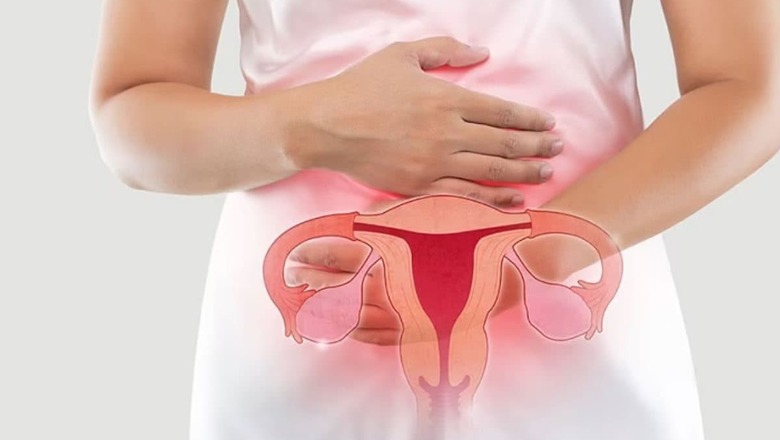As Nirmala Sitharaman’s Budget Speech Brings Spotlight on Cervical Cancer, A Look at How States Fare

views
Uttar Pradesh recorded the highest prevalence of cervical cancer cases in India last year, as per the data from the National Cancer Registry Program.
According to the Indian Council of Medical Research’s National Cancer Registry Program (ICMR-NCRP), India reported over 3.42 lakh cases of cervical cancer which is characterised by abnormal growth of cells originating in the cervix.
Uttar Pradesh recorded the majority of cases of cervical cancer with over 45,000 cases recorded in 2023, followed by Tamil Nadu (36,000), Maharashtra (30,000), West Bengal (25,800), Bihar (23,160) and Karnataka (20,670).
However, the government data, presented in reply to Lok Sabha, revealed that Papumpare district in Arunachal Pradesh has the highest rate for the incidence of cervical cancer per one lakh people.
Of every 1, 00,000 people in Papumpare district, approximately 27.7 experience the incidence of cervical cancer followed by Aizwal district in Mizoram (27.4) and Mizoram state (23.2)
Finance Minister Nirmala Sitharaman announced on Thursday as she presented the interim Budget that the central government will encourage vaccination for young girls to prevent cervical cancer. According to the announcement, the government is planning to push for vaccination for girls in the age group of 9 to 14 years with the objective of prevention of cervical cancer.
Cervical cancer ranks as the second most prevalent cancer in India and accounts for nearly one-fourth of the world’s cervical cancer deaths despite being largely preventable.
On being asked about the details of the screening programme to address cervical cancer cases in the country, the Ministry of Health and Family Welfare has listed several initiatives under the National Health Mission and health and wellness centres under the Ayushman Bharat scheme.
“A population-based initiative for prevention, control and screening for common Non-Communicanle Diseases i.e. diabetes, hypertension and common cancers has been rolled out in the country under NHM and also as a part of comprehensive primary health care.”
“Under the initiative, persons more than 30 years of age are targeted for their screening for the three common cancers i.e. cervical, breast and oral. Screening of these common cancers is an integral part of service delivery under Ayushman Arogya Mandir.”



















Comments
0 comment